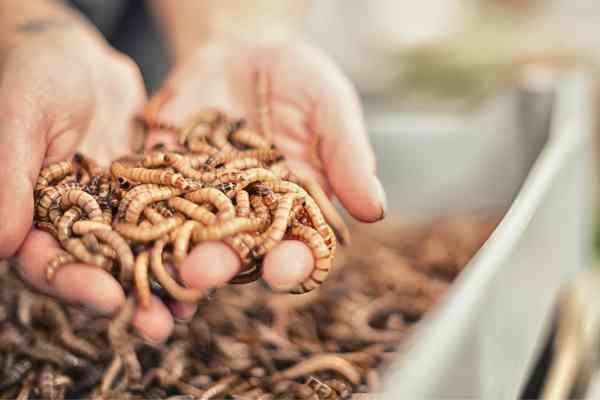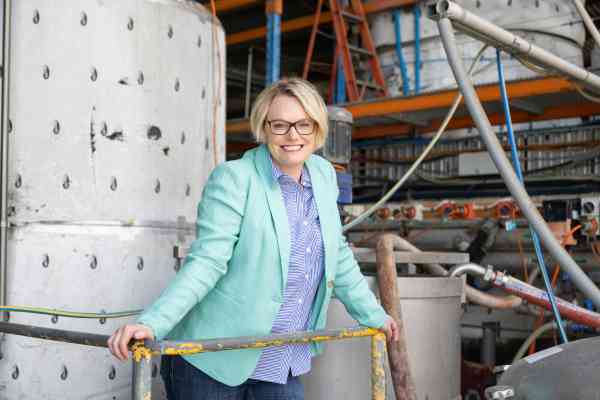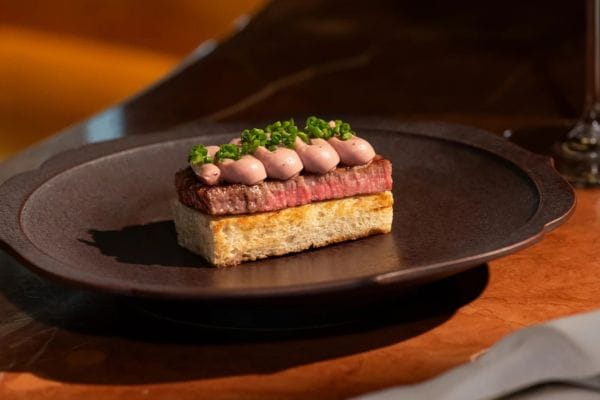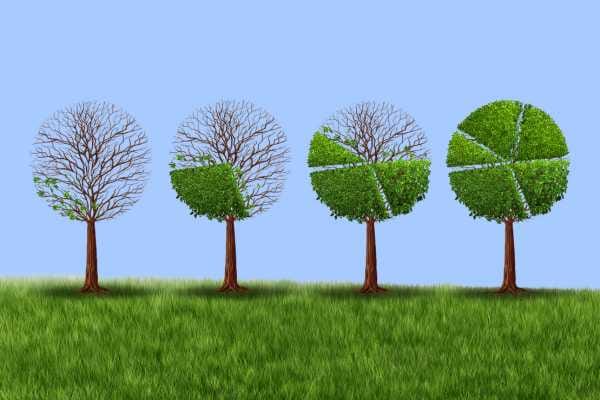Wriggly solution with a taste for food waste
This Australian startup has enlisted an army of black soldier flies to tackle the issue of food waste head on.

Could insects be the key to transforming all of our wasted food and farm produce into a living, circular economy?
This farming enterprise doesn’t run livestock or grow crops. Instead, it harnesses the insatiable appetite of maggots as a food waste conversion powerhouse to return lost nutrients to the food chain and the soil.
Food waste doesn’t only occur in our homes. Retailers, restaurants, food manufacturers and many farms generate food streams that may never make it to the table.
To tackle this growing problem, Canberra-based Goterra has developed modular, robotic insect farms (called waste robots) which recently won it SmartCompany magazine’s Smart50 Sustainability award.
“Our 'waste robots' are … a testament to our commitment to closing the eco loop, producing by-product fertiliser and protein-laden meal-worm food for animals.”
In these insect farms, black soldier fly larvae convert food waste into high-value, low-impact protein and fertiliser. The waste robots are designed to be integrated into waste streams for larger retail or commercial operations while smaller operators can leave waste at Goterra’s farm for processing.
Goterra says the solution is part of a reimagining of the future where "nature and automation work in tandem to solve complex problems like reducing food waste and securing our food supply chain”.
“Our 'waste robots' are more than just a technological feat; they're a testament to our commitment to closing the eco loop, producing by-product fertiliser and protein-laden meal-worm food for animals,” the company says.
Founder Olympia Yarger first began farming insects to use as feed in 2016. From there she turned to rearing insects on food waste in a bid to add lost nutrients from the waste back into the food chain.
In 2020 the first commercial MIB was commissioned to enable Lendlease to process retail food waste in the basement of Sydney’s Barangaroo towers. There, the unit converts the high volume food waste at the site into protein and fertiliser.
Goterra’s other industry partners include Brisbane-based Howard Smith Wharves (HSW) and Woolworths, which is aiming to send zero food waste to landfill by 2025.
The company is also now scaling up the production of a range of protein ingredients - including Black Soldier fly and mealworm protein, and Frass, a nutrient-rich insect byproduct made from Black Soldier Fly Larvae and their castings that can improve soils for the agricultural sector.
Goterra’s automated Modular Infrastructure for Biological Services (MIBs) are robot-powered insect farms that reside in stackable shipping containers that can be deployed and serviced anywhere. Insects working in tandem with the MIB systems consume food and organic waste over 12 days. As they consume the food waste, they also produce a nutrient-rich insect byproduct made from Black Soldier Fly Larvae and their castings called Frass, which can be used to improve soil condition.
Who funds it
Australia's Agritech venture capital firm Tenacious Ventures and private investment company Grok Ventures led Goterra's A$8million series A funding round in 2020.
*coolgreentech.com met with Matthew Pryor of Tenacious Ventures at the Global Entrepreneur Congress in Melbourne.





